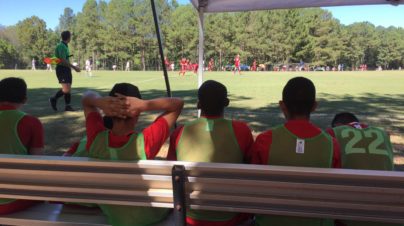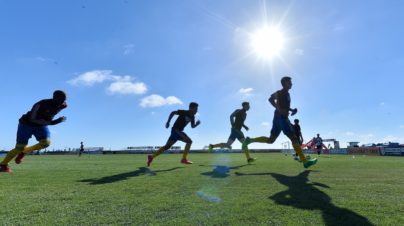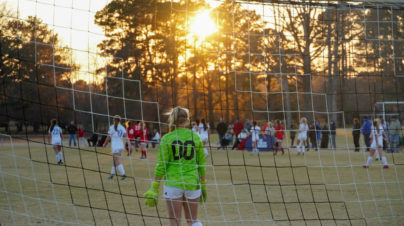ADVICE: Do What 99% of Youth Soccer Players Are Not Doing!
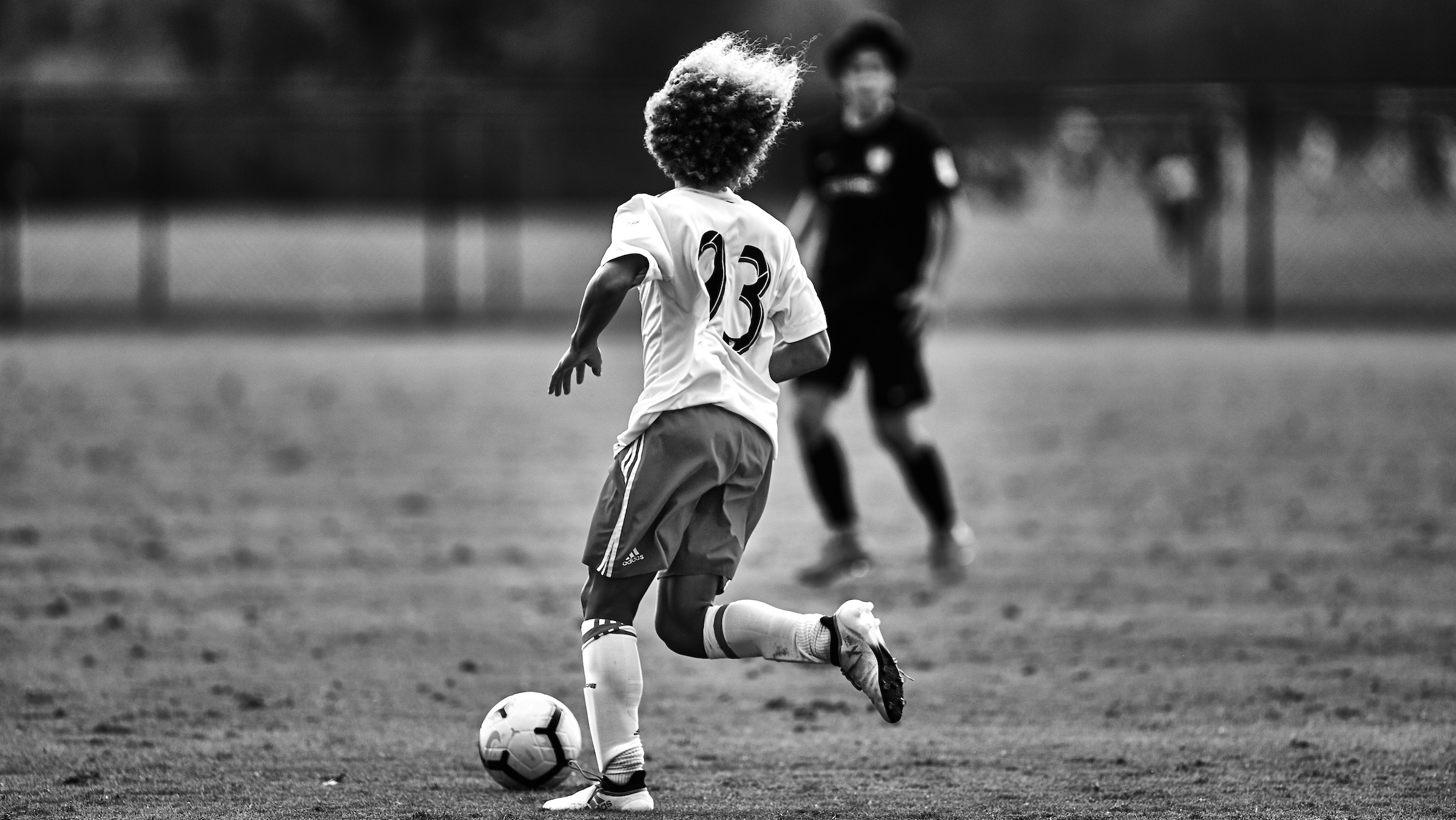
By Coach Gad Espinosa
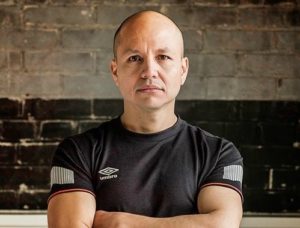 Editor’s Note: This article outlines Step #4 in Coach Gad’s series for youth soccer parents on ‘5 Steps Your Soccer Player Must Take to be More Confident, Focused and Resilient‘.
Editor’s Note: This article outlines Step #4 in Coach Gad’s series for youth soccer parents on ‘5 Steps Your Soccer Player Must Take to be More Confident, Focused and Resilient‘.
Parents, in my last article I talked about how your soccer player needs to start to be aware of their thoughts and feelings (Mind+Body Connection to Performance) to make the necessary changes that impact their confidence level and ultimately their performance.
Today, we’re going to tackle Step #4: the act of ‘committing to brain training’. If you’ve been following me, you’ll probably remember that I’ve discussed the topic of commitment before. But it’s well worth discussing it again, as it plays such a vital role in developing mental toughness.
Pretty much everyone agrees that having a strong mindset is an important component for the success of any athlete or team. However it’s also true that almost no one does much about it. How ironic!
Sure, some coaches, players and parents will read about it, find it interesting and even discuss it. But less than 1% of all competitive athletes regularly train their brain!
Now the truth is, it really isn’t anyone’s fault. I mean, coaches aren’t trained to transfer psychological skills to help an athlete, and athletes really don’t find it interesting or important enough.
This is the main challenge. For athletes to truly reach their full potential, manage their stresses and ultimately enjoy their journey as much as possible, the psychological component needs to take just as much importance – if not more – to physical fitness and technical skill-building.
Ignoring this important fact essentially means that no matter how hard your player trains, they will truly never reach the zenith of their skillset.
The commitment needs to be on paper on each player’s calendar. Just like a player knows that they need to be at a practice, a game or a fitness session, they need to know they have to be in their room (as an example) and do a 15-20 minute brain training session.
 This is the commitment level that’s needed. I’ll give you a really powerful example. Most sports fans know the story of Michael Jordan, in terms of going from being cut from his high school varsity team to becoming the best basketball player of all time.
This is the commitment level that’s needed. I’ll give you a really powerful example. Most sports fans know the story of Michael Jordan, in terms of going from being cut from his high school varsity team to becoming the best basketball player of all time.
What most people don’t know is a very important factor that helped him achieve this. In the NBA Michael was always a star player but his team never won anything until coach Phil Jackson was brought in and one of the first things coach Jackson did was bring in a gentleman by the name of George Mumford. Who was Mumford? He was a mental performance coach! Coach Jackson made a commitment that he was going to focus on the mental side of his team and players.
The rest is history. Not after Jackson joined the Chicago Bulls they were able to pull all the talent they had assembled and started their historic run of championships.
Now it doesn’t end there.
The late, great Kobe Bryant was famous for his mental strength, well who was his mentor? Michael Jordan. One of the pieces of advice that he passed along to Kobe was to train his mind.
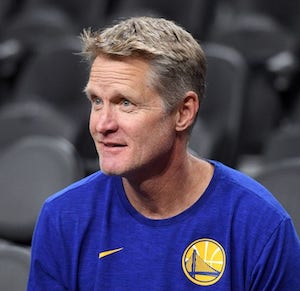 Even more evidence: the coach of the Golden State Warriors, Steve Kerr, who played under Jackson in Chicago, learned the process of including brain training and has brought that over to Golden State. I don’t think it’s a coincidence that they have achieved so much success as well.
Even more evidence: the coach of the Golden State Warriors, Steve Kerr, who played under Jackson in Chicago, learned the process of including brain training and has brought that over to Golden State. I don’t think it’s a coincidence that they have achieved so much success as well.
This is how it works. By knowing mental-game strategies and tools, athletes learn to calmly and confidently face tough situations. Instead of fearing failure, they lean into challenges because they are equipped to face them. They trust in themselves, and this is when an athlete finds another level of performance, and consistently plays at their best.
So, what to do? A player needs to find a book, regularly read articles online and most importantly they need to take Step #5 of this series. I hate to leave you like this, but it needs it’s own article.
P.S. – If you really want to know step #5 sooner rather than later, pick up my free guide ‘4 Keys to Your Soccer Player Needs to Make ASAP! (To gain confidence, focus and resiliency). You can claim your free guide by CLICKING HERE.
—————
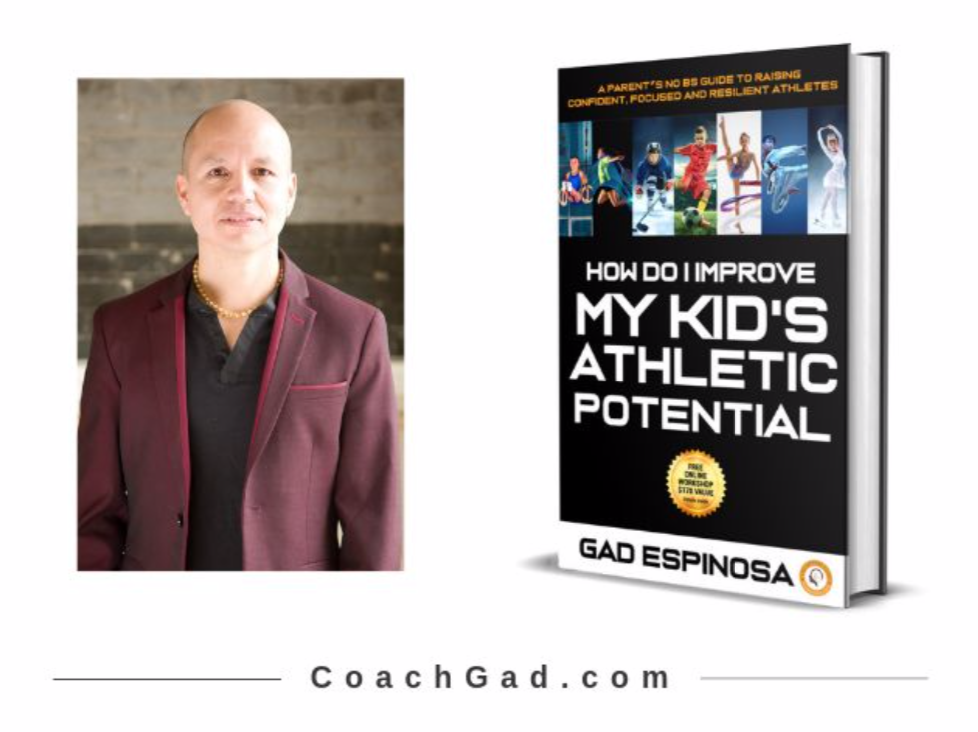 Gad Espinosa is a certified Mental Skills Coach, author, speaker and founder of the Mental Toughness Academy. He’s been interviewed in numerous newspapers, radio shows and podcasts. As a former professional athlete, who has represented his country internationally, a college Head Coach and father of two high-performance athletes Gad’s unique perspective allowed him to create the ‘Mentally Tough Athlete’ coaching program.
Gad Espinosa is a certified Mental Skills Coach, author, speaker and founder of the Mental Toughness Academy. He’s been interviewed in numerous newspapers, radio shows and podcasts. As a former professional athlete, who has represented his country internationally, a college Head Coach and father of two high-performance athletes Gad’s unique perspective allowed him to create the ‘Mentally Tough Athlete’ coaching program.
Clients include athletes and teams at all levels, from those just starting their athletic careers to full-time professional athletes and others who have gone on to represent their country and succeed at World Championships and Olympic Games.
Gad is passionate about helping athletes and teams discover mental strength breakthroughs that allow them to maximize their potential development not just in the quality of their athletic performances, but also in their life satisfaction and overall well-being.
SOCCERWIRE MARKETPLACE
- Wanted Licensed Youth Soccer Coach
- Join Official Elite Summer Soccer Camps with Europe’s Top Pro Clubs!
- The St. James FC Travel Staff Coach - North (Loudoun) & South (Fairfax)
- The St. James FC Girls Academy (GA) Head Coach - 2 teams
- The St James FC Boys Travel Tryouts
- OFFICIAL BAYERN MUNICH SUMMER CAMPS U.S.
- JOIN THE ALLIANCE!
- OFFICIAL FC BARCELONA CAMPS U.S.
- The Cup San Diego - Hosted by Legends FC
- Players Wanted - Undergraduate or Post-graduate


